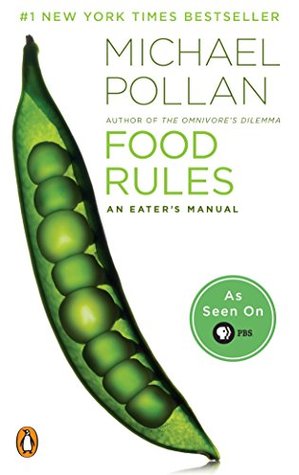More on this book
Community
Kindle Notes & Highlights
Four of the top ten killers in America are chronic diseases linked to this diet. The arguments in nutritional science are not about this well-established link; rather, they are all about identifying the culprit nutrient in the Western diet that might be responsible for chronic diseases.
Eat food. Not too much. Mostly plants.
So whom did we rely on before the scientists (and, in turn, governments, public health organizations, and food marketers) began telling us how to eat? We relied of course on our mothers and grandmothers and more distant ancestors, which is another way of saying, on tradition and culture. We know there is a deep reservoir of food wisdom out there, or else humans would not have survived and prospered to the extent we have.
The healthiest food in the supermarket—the fresh produce—doesn’t boast about its healthfulness, because the growers don’t have the budget or the packaging. Don’t take the silence of the yams as a sign they have nothing valuable to say about your health.
Since the low-fat campaign began in the late 1970s, Americans actually have been eating more than 500 additional calories per day, most of them in the form of refined carbohydrates like sugar. The result: The average male is seventeen pounds heavier and the average female nineteen pounds heavier than in the late 1970s.
If it came from a plant, eat it; if it was made in a plant, don’t.
There are scores of studies demonstrating that a diet rich in vegetables and fruits reduces the risk of dying from all the Western diseases; in countries where people eat a pound or more of vegetables and fruits a day, the rate of cancer is half what it is in the United States.
The greater the diversity of species you eat, the more likely you are to cover all your nutritional bases.
Supplement takers are healthy for reasons that have nothing to do with the pills. They’re typically more health conscious, better educated, and more affluent. They’re also more likely to exercise and eat whole grains. So to the extent you can, be the kind of person who would take supplements, and then save your money.
(One old wives’ test: If you’re not hungry enough to eat an apple, then you’re not hungry.)


